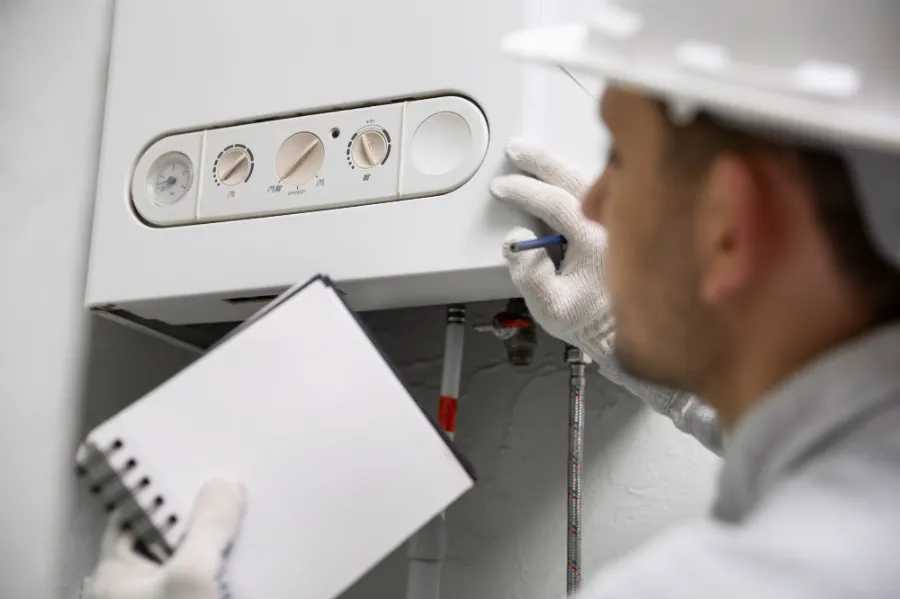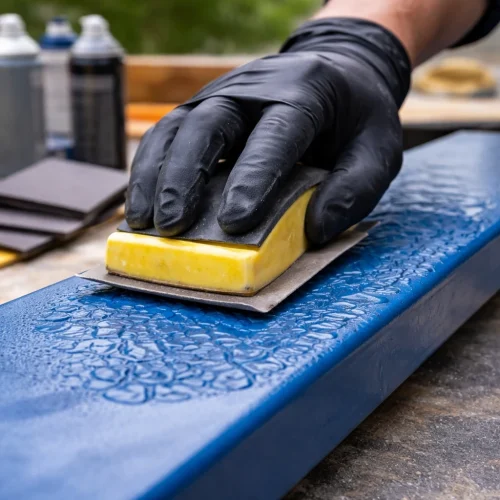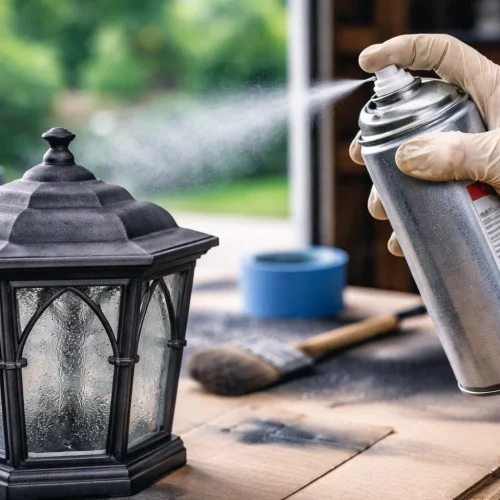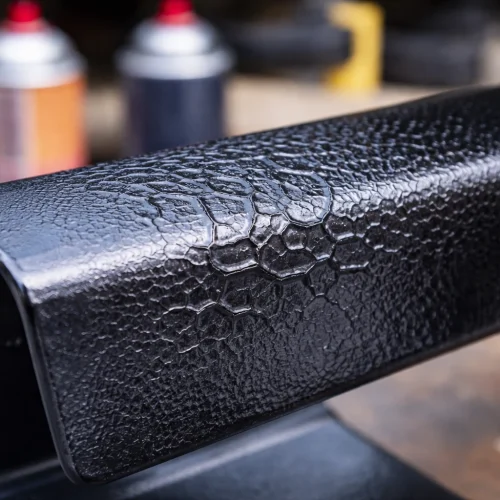
A hot shower should bring relief, not frustration. When the water turns cold too soon, it can throw off your whole morning. That’s often your first clue that something’s wrong with the heater. Small problems like uneven temperatures or longer heating times can hint at bigger issues waiting to surface. Paying attention early can prevent those surprises.
Your water heater works quietly in the background until it stops doing its job. Once that happens, comfort disappears fast. Replacing an old or failing unit before it quits completely keeps your home running smoothly and your days free from unexpected cold shocks.
Inconsistent Water Temperature
Water that runs hot one moment and cold the next signals a weakening system. The heating element may struggle to keep up with demand. Mineral buildup inside the tank can trap heat and disrupt flow. These problems cause uneven water temperatures that worsen over time. When that happens, daily routines start to suffer.
A healthy water heater delivers consistent warmth every time you turn on the tap. When it fails, frustration replaces comfort. Homeowners noticing repeated temperature swings may consider water heater repair from 1-Tom-Plumber to evaluate the system’s condition. If repairs no longer stabilize performance, replacement often restores comfort and reliability. Ignoring irregular water temperature can shorten your heater’s lifespan. Each strain on the system adds wear to its internal parts. Acting early keeps your household safe from sudden breakdowns and helps maintain the steady warmth that defines a comfortable home.
Rising Energy Bills Without Increased Usage
A sudden spike in your utility bill often points to an aging water heater. As internal parts wear down, the system must work longer to heat the same amount of water. Sediment buildup at the bottom of the tank also forces the unit to use more energy. Each cycle becomes less efficient, wasting both power and money.
When bills rise while your household habits stay the same, the heater’s efficiency has likely dropped. The insulation may have thinned, or the heating element may have weakened. These signs show the unit can no longer perform as it once did. Over time, repairs bring only short relief before the cost of maintenance outweighs replacement. Replacing an inefficient heater lowers energy use and brings consistent comfort. It also reduces the stress on your home’s electrical or gas system. A new unit restores steady warmth while helping control long-term utility costs.
The Age of Your Water Heater
Every water heater has a lifespan. Most tank models last eight to twelve years. After that, corrosion and wear begin to show. The system takes longer to heat water and may develop leaks. Ignoring these signs can lead to costly damage later.
Check the serial number to find the manufacturing date. If your unit is reaching or passing the ten-year mark, it’s time to plan. Replacing it before failure prevents sudden breakdowns. It also helps you avoid emergency repairs during colder months. Older heaters often lose efficiency even if they still run. The insulation weakens, and the internal parts degrade. These small losses build over time, raising energy use and lowering comfort. Replacing an aging heater restores reliability and ensures your home stays warm and functional without interruption.
Rusty or Discolored Water
When water from your hot tap turns rusty or brown, it often points to internal corrosion. The tank’s protective lining may have worn away, allowing rust to form inside. That rust mixes with the water and flows through your faucets. The discoloration tends to worsen as the tank continues to decay.
If the issue only affects hot water, the heater is the likely cause. Cold water from the same tap should stay clear. Replacing the unit before leaks start can save your flooring and walls from damage. Corrosion spreads quickly once it begins, and repairs rarely hold for long. Rusty water also affects taste and hygiene. Minerals and sediment can build up inside pipes, reducing flow and water quality. A new heater eliminates these issues, restores clean water, and prevents future corrosion. Acting early keeps your home’s plumbing system safe, efficient, and free from contamination.
Strange Noises or Rumbling Sounds
A healthy water heater runs quietly. When it starts to rumble or pop, something inside is changing. Hard water minerals settle at the bottom of the tank and form a thick layer. Heat then gets trapped beneath that buildup, creating loud bursts and vibrations. Each sound signals wasted energy and internal stress on the tank.
Flushing the system may help for a while, but it rarely fixes the deeper issue. Sediment often hardens with age, making removal difficult. If the noises return soon after maintenance, the heater is likely near failure. Continued use can overheat the tank and damage components. Ignoring these noises risks leaks or sudden shutdowns. A new water heater brings quiet operation and better efficiency. It restores peace in your home while ensuring every shower starts with steady warmth instead of warning sounds.
Leaks, Moisture, or Pooling Water
Water pooling around the base of your heater signals a serious problem. Even a small puddle can mean the tank has cracked or a seal has failed. Corrosion weakens metal over time, allowing water to escape through seams or fittings. Once this starts, the damage usually worsens quickly.
Moisture near electrical parts or gas connections is unsafe. It can lead to short circuits, gas leaks, or structural damage. Turning off the power and water supply is the first step to prevent hazards. A professional inspection can confirm the source and determine whether the tank can still be salvaged. Most leaks indicate the end of a heater’s service life. Repairs may only delay failure for a short period. Replacing the unit ensures lasting safety, prevents flooding, and restores your home’s comfort and efficiency. Acting fast protects both your property and peace of mind.
Wrapping Up
Cold showers have no place in a home built for comfort. When the water heater begins to fail, every hint of trouble matters. Strange noises, rust, or higher energy bills signal the end of its service. Replacing it renews warmth and stability. A reliable heater restores peace in your home and keeps every shower as inviting as the day you installed it.
FAQs
Most water heaters last between 8–12 years, depending on maintenance and water quality.
Inconsistent temperatures, rusty water, or strange noises often indicate an aging or failing system.
Sediment buildup or a weakened heating element can cause your tank to lose heating efficiency.
Small leaks from fittings may be fixed, but tank leaks usually mean the heater needs replacement.
Check the serial number on the manufacturer’s label; it usually contains the production date.
Corrosion inside the tank or failing anode rods often lead to rust in your hot water supply.
An old or inefficient heater requires more power to maintain temperature, raising your energy costs.
Yes, they offer energy efficiency, endless hot water, and a longer lifespan but have a higher upfront cost.
Rumbling or popping sounds suggest sediment buildup, which can overheat and damage the tank.
If the unit is over 10 years old or frequently breaks down, replacement is usually more cost-effective.













